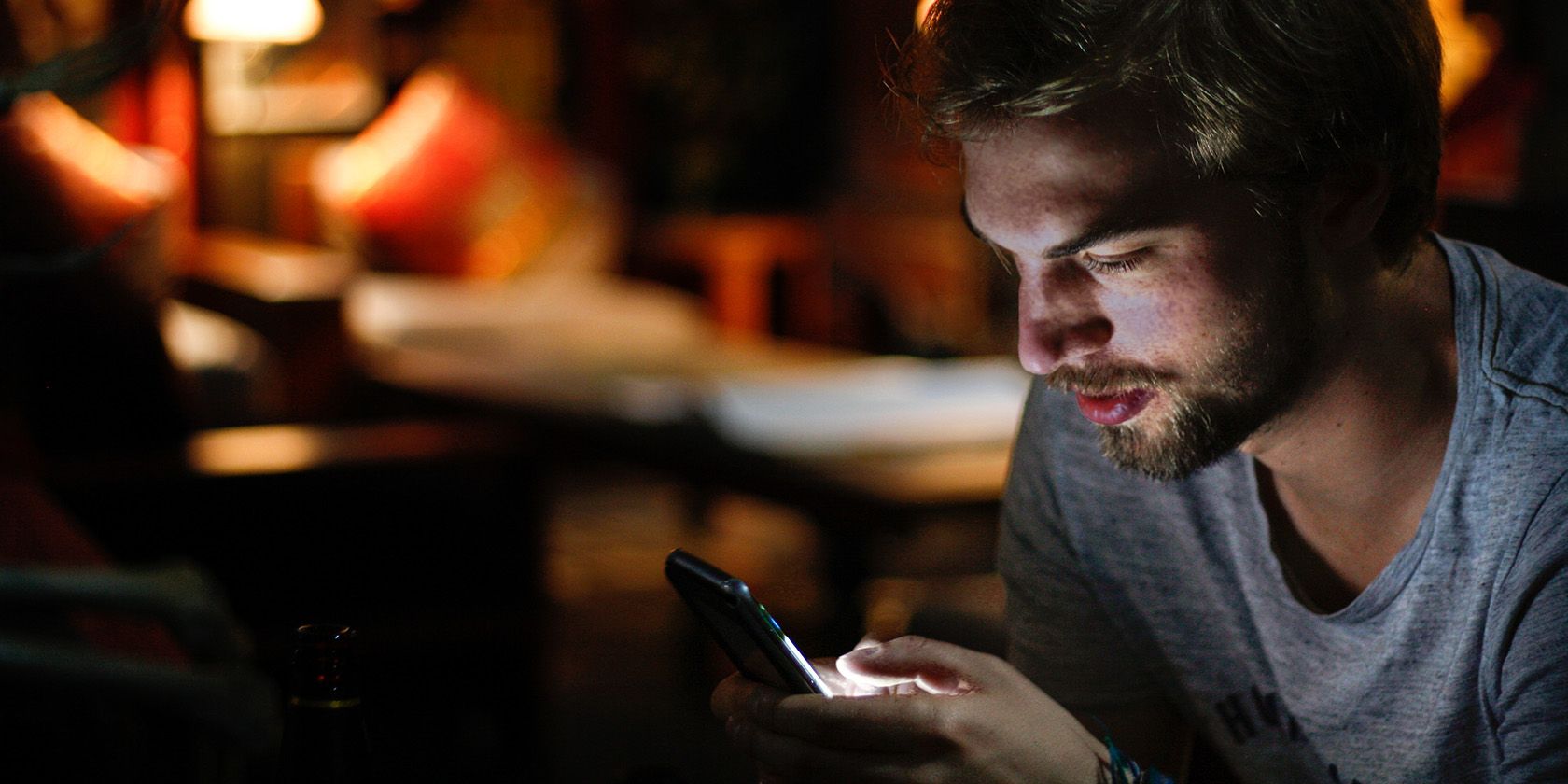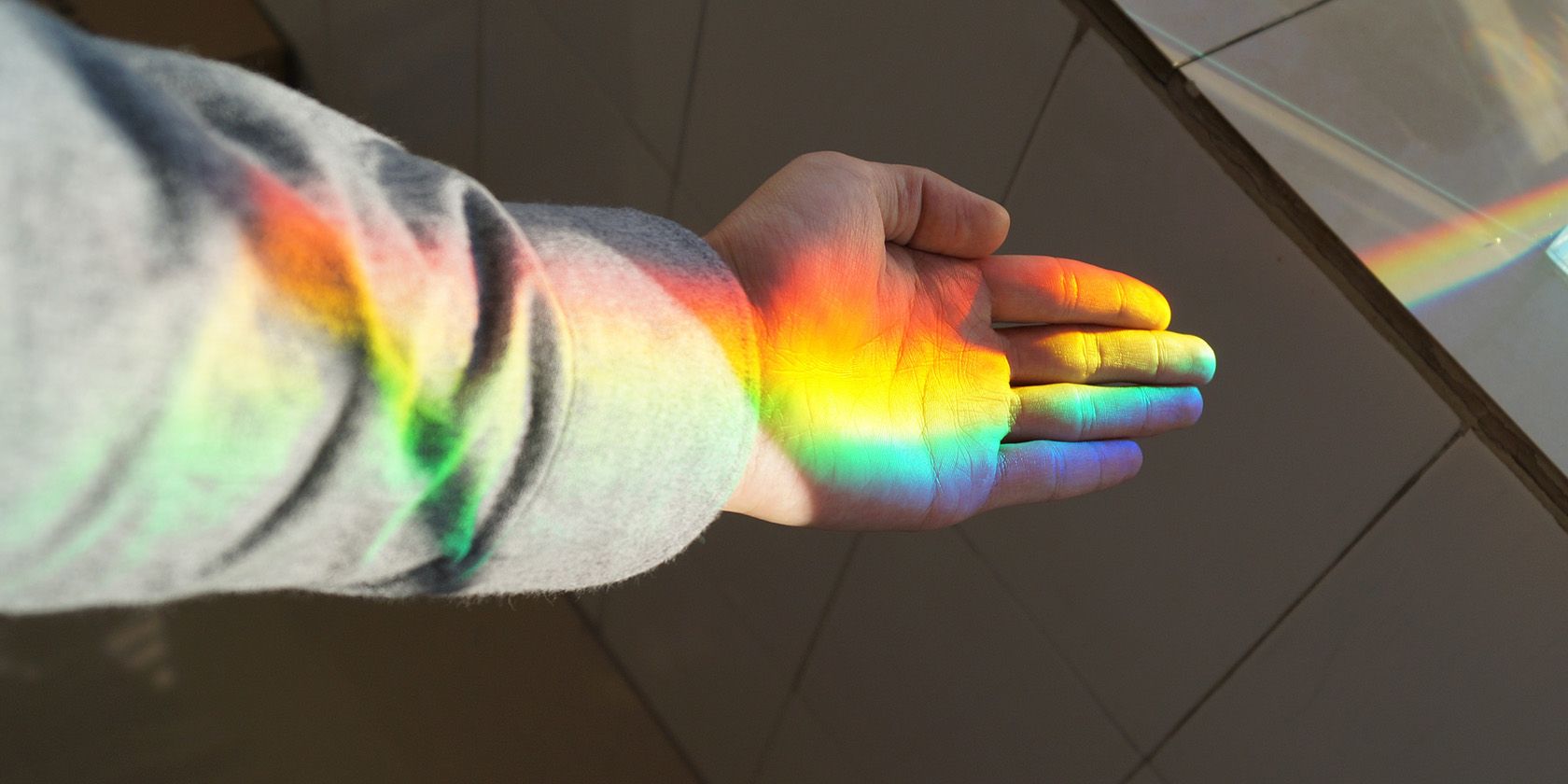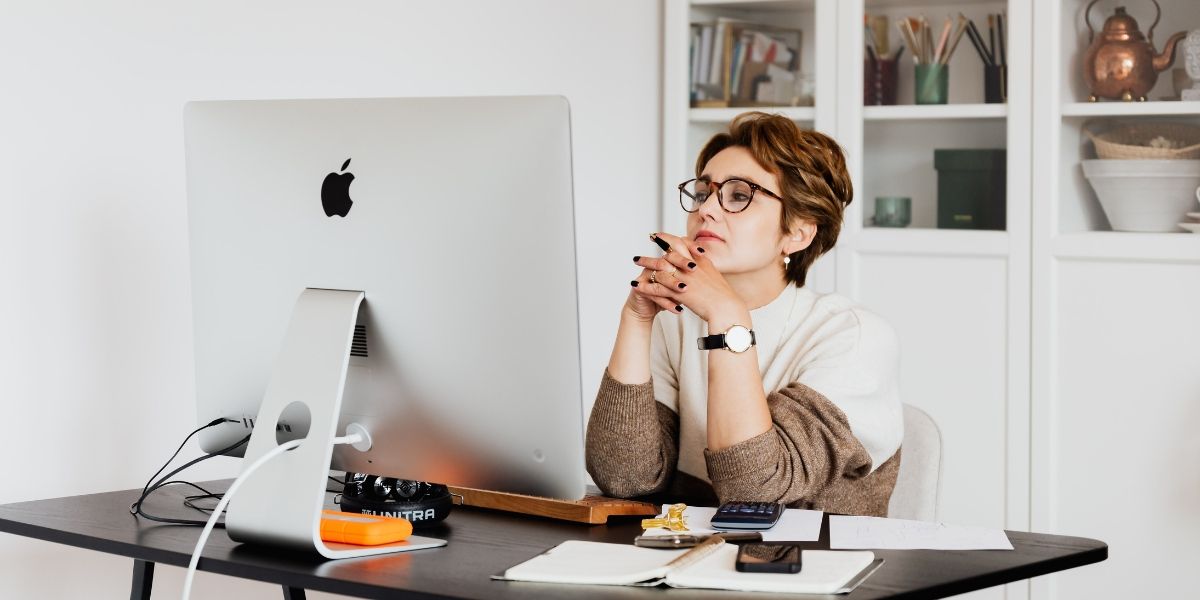As smartphones, tablets, and computers continue to take up more and more of people’s time and attention, concerns about blue light exposure have grown, as well. A type of visible light with a relatively short wavelength, blue light is capable of penetrating deep into the eye.
In recent years, researchers have expressed concerns about blue light’s effects on your health, particularly in terms of sleep hygiene and eyesight. Read on to learn more about what blue light is exactly, as well as ways to protect your health from its potentially harmful effects.
What Is Blue Light?
A type of visible light, blue light is part of the spectrum that makes up about one-third of light visible to the human eye, according to UC Davis Health. It's found in both natural and artificial light sources, and it contains the shortest wavelength of the visible spectrum (when compared to red or green light).
Its short spectrum causes this light to scatter more than the other visible colors; this is why the sky appears blue. This type of light surrounds you for a large part of the day, so why is it a health concern now?
Does Blue Light Affect Your Eye Health?
Many devices use blue light-emitting diodes (LEDs) to help create illumination that appears white to the human eye. Some researchers express concern about the way long-term exposure to low-illuminance artificial blue light at close range may affect your health over time, according to research in Heliyon.
For the moment, however, there isn’t immediate cause to panic about blue light exposure from devices severely impairing your eyesight. It’s also worth noting that blue light isn’t only found in screens; in fact, the largest source of blue light is sunlight, and gazing into a blue sky doesn’t generally lead to eye problems, according to the journal Eye.
While there is no current research linking LEDs to retinal damage, researchers do express concern about the way long-term use of laptops, smartphones, tablets, and similar devices may affect people’s eye health, according to Ophthalmology and Therapy. The full effects of blue light-emitting devices on your eye health may not be well understood for quite some time.
Does Blue Light Disturb Your Sleep Habits?
The link between blue light and sleep disruptions appears a bit more concrete. Blue light may negatively impact a person’s sleep quality and duration, according to Frontiers in Physiology, leading to increased tiredness the following day.
More research will need to focus on this topic to completely understand these effects. It's speculated that this may be due to the way exposure to blue light can delay the production of melatonin, which is the hormone your brain produces when it’s dark to help you sleep, according to the Journal of Psychiatric Research.
Essentially, some part of your brain sees the blue light and acts as though it's still daytime, promoting alertness. It's another good reason to never use your phone in bed, particularly if you're dealing with sleep disruptions.
In addition, there may be a mental health component as well. Disrupted sleep habits from smartphone use (and potentially blue light) are in some cases associated with greater instances of anxiety, according to The Journal of Affective Disorders.
While this may also correlate with what you're viewing on the phone (and whether you're stuck in a doomscrolling loop, for instance) the light itself could be part of the problem. Again, researchers are only beginning to study this topic at length, so they'll likely understand it much better in years to come.
How to Protect Your Health From the Effects of Blue Light
You don't need to throw out all of your devices or anything, but there are a few steps you can take to mitigate the potential health effects of blue light.
For starters, use blue light filters or change to warmer light settings on your devices. As an example, the Night Shift feature on the iPhone helps reduce your blue light exposure in an instant, and you can schedule the shift to occur automatically at sunset, so you don't even have to think about it.
Meanwhile, the blue light filter on Android offers a similar effect. If you're a fan of using e-readers to doze off, then the warm light option on Kindle also helps reduce blue light exposure (and it's gentle on the eyes).
Next, practice the 20-20-20 rule to give your eyes a break every now and then. By taking a 20-second break every 20 minutes to gaze at something at least 20 feet away, you can give your eyes a rest from the screen and help prevent strain, according to the American Optometric Association.
To really err on the side of caution, you may want to invest in a pair of blue light blocking glasses or look into having a blue light filter treatment applied to your regular eyeglasses. While the jury is still out on their overall effectiveness—a study in Frontiers in Neuroscience did not find any significant effect on the long-term vision of adults—they aren't likely to cause any problems, either. Think of them as a potential safety measure.
Lastly, put your devices away at bedtime to prevent blue light-related sleep issues. Granted, this is easier said than done for plenty of people who enjoy scrolling late into the night, but leaving them in another room is a certain way to avoid blue light exposure, as well as the temptation to browse your phone way past bedtime.
Be Aware of Blue Light From Devices (but Don’t Panic)
Exposure to artificial blue light at close range may impact your health. While research is still ongoing, it does appear that blue light may lead to difficulty falling asleep and getting restful slumber. However, there is no need to panic about blue light just yet.
To ward off potential health effects, you may want to limit screen time at night, use blue light filters on your devices, and take frequent breaks to let your eyes readjust. Be aware of the potential effects of blue light and take some simple steps to protect your health.



